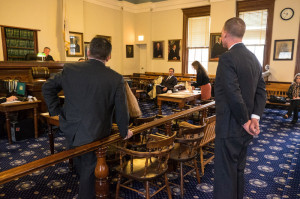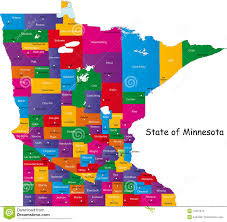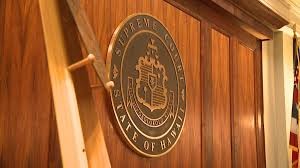Florida Supreme Court Pressures DUI Judge To Resign
What would happen to a judge convicted of a DUI in Los Angeles? When a court in Broward County, Florida, found a circuit judge guilty of that offense, she ended up losing her job. 
On November 5, 2013, a 911 caller alerted police that a white Mercedes was driving erratically on Federal Highway in Boca Raton. When a police officer pulled the car over, Circuit Court Judge Cynthia Imperato told the officer that she was a judge. Instead of handing over her driver’s license as the officer requested, Imperato handed him her judge’s badge. (She later insisted that she wasn’t looking for special treatment because of her status.)
 Los Angeles DUI Attorney Blog
Los Angeles DUI Attorney Blog







